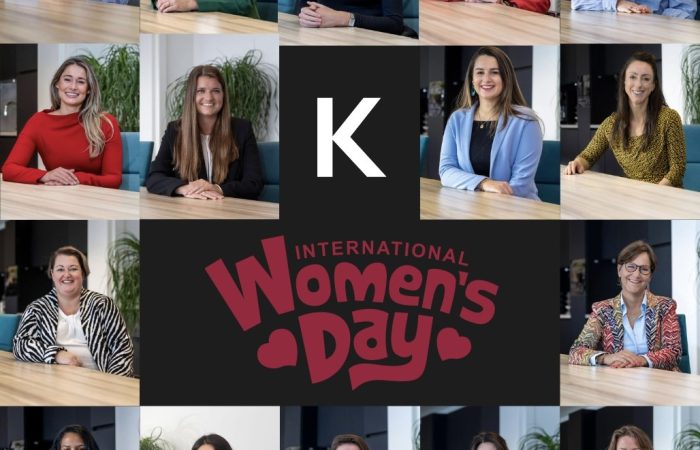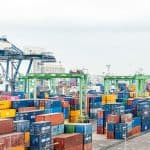The outbreak of Covid-19 has led to an increasing demand for personal protective equipment (PPE), in particular, face masks. China, as the top PPE supplier, has received a vast amount of international orders of face masks. This has resulted in a rising number of disputes. Recently, we have been requested by a couple of clients to settle contractual disputes on face masks between them and their Chinese suppliers. In this article we will point out a few key issues based on our experience.
(1) Know your suppliers and the products well before your transactions
When you source face masks from a Chinese company, we suggest doing a simple background check on this company (if the company is a distributor, then the manufacturer should also be checked ). This way you can verify whether the Chinese company that you are dealing is validly incorporated and reputable. Furthermore we advise to check if the face masks sold by the Chinese suppliers pass quality tests. If they are of low quality or do not reach the domestic or international safety standards, the face masks may be facing the risk of being blocked by the customs. Therefore, to minimize this risk and to avoid unnecessary waste of time and costs, you can check whether the Chinese face mask producers have obtained authorizationto produce face masks which comply with the safety standard set by the Chinese authority or other countries (e.g. CE standard for the EU).
(2) Be aware of fake certificates
To guarantee the quality of the face masks, Chinese suppliers usually show you a certificate. Please keep in mind that some certificates may be counterfeit. After receiving a certificate, doing an authenticity check is also strongly advised. This can be done by contacting the authorized entities who issue the certificate/report. Since the beginning of the outbreak of Covid-19 we have seen a lot of certificates that were issued by ICR Polska. Please be aware that ICR Polska is a Poland-based notified body approved to certify machinery and radio equipment. However, they are not approved to certify PPE or medical equipment.
Another trick is that the certificates provided by the Chinese suppliers are authentic, however, they are just not relevant to the goods provided by the Chinese suppliers. Such fraudulent behaviours often happen in practice.
(3) Absence of a formal sales contract in transactions may be risky
It happens very often that Chinese companies confirm sales relationships directly via digital communication (e.g. emails, Wechat, etc.) instead of formal written agreements. Especially when the transaction amount is small or when the purchase is taking place through an E-commerce platform. Despite of its convenience, please note that contracting without a formally signed contract may prove to be risky. Sometimes a lack of contract may make the relationship between your company and the Chinese supplier difficult to be identified. Furthermore, emails may not specify in detail all the rights and obligations of the buyer and the seller. And in case of disputes it is difficult to determine which law is applicable to the contract and which court has jurisdiction. Consequently, we advise to always draft a formal written contract with the parties you are buying masks from. The contract does not need to be prolonged and complicated but to the point.
We notice that Chinese companies prefer the payment method of T/T(Telegraphic Transfer) . Buyers should be careful when they agree to adopt this payment method, because it may be difficult to get all the money back in case the transaction is a fraud. Therefore, payment by installment or the L/C (Letter Of Credit) is strongly recommended (although the cost of L/C is normally quite high, this is still the preferred method of payment in international transactions, especially if you have never done business with a certain company before).
(4) The face masks delivered may not be in conformity with the samples
Many face masks buyers have met or are facing a problem that the face masks they received were not of the same quality as the samples provided by the suppliers. But when they contact their Chinese suppliers for returning the masks or for alternative remedies, the suppliers either refuse to give any response or propose to compensate from future orders. It is seldom that the Chinese suppliers are willing to perform cash refund. A simple solution is to engage a third party in China to do quality check on the face masks before shipping.
(5) Settlement of disputes
Even if you have done everything right you may run into issues when trying to settle disputes with a Chinese company that you have never done business with before. Sometimes litigation is necessary to recover damages from a Chinese supplier. However, China does not recognize verdicts rendered by Dutch courts so enforcement may be impossible. Furthermore, litigating in China is very difficult if you are not from there. Consequently, a possible solution is to incorporate an arbitration clause in contracts with Chinese companies. Contrary to the enforcement of judgments coming from a court, there is an (almost) worldwide umbrella regulation for the enforcement of arbitral awards, called the ‘New York Convention’. Each country party to this Convention (including China) has agreed to recognize and enforce arbitral awards from other countries, provided that the conditions of the New York Convention are met.
Dutch companies and/or entrepreneurs opt to take risks for small orders considering the costs for the measures suggested above in this article. However, when the purchasing quantities become substantial, it is imperative to formalize the transactions via legal means to minimize the risks thereof.
We hope this article can act as a reminder that buyers should be aware of the risks mentioned above when purchasing face masks from China. These issues not only exists in the purchase of face masks but also in the transactions about other PPE with Chinese companies.
More information
Should you have any questions, please contact our China Practice:




